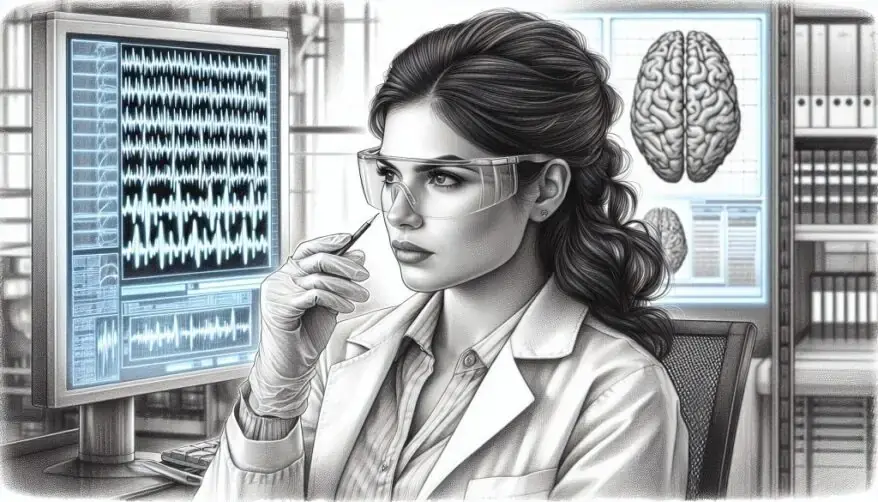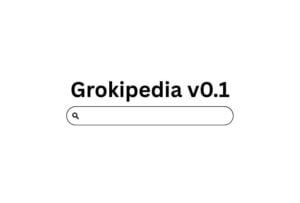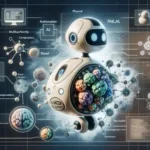Link Between Anesthesia and Neural Stability
Estimated reading time: 3 minutes
In neuroscience, experts are curious about how anesthesia affects neural stability. Neurological stability refers to the brain’s balance, also called dynamic stability. The journal Neuron published a new study on this topic. The study explains a new way to measure changes in brain balance. These changes happen when a person goes from being awake to being unconscious.
Delayed Linear Analysis for Stability Estimation (DeLASE)
A team of researchers led the study. They developed a technique called delayed linear analysis for stability estimation (DeLASE). This technique investigates how the anesthetic agent propofol affects the brain. Specifically, it looks at the brain’s ability to keep a delicate balance between being excitable and being stable. Maintaining this balance is important for conscious awareness. Disruptions to it could help us understand the mechanisms behind anesthesia-induced unconsciousness.
The researchers used local field potentials (LFPs) from the macaque cortex as their data source. They found that neural dynamics were less stable when the monkeys were unconscious from propofol. This was compared to when the monkeys were awake. The destabilization matched what simulated neural networks predicted. An increase in inhibitory tone caused this destabilization. Propofol works in a similar way.
How do anesthetics make a person unconscious?
These findings have far-reaching implications. As Dr. Emery Brown, one of the study’s co-authors, explains, Our results suggest that anesthesia disrupts the dynamical stability that is required for consciousness. This idea offers a new way to understand how anesthetics make a person unconscious. Anesthetics are drugs used to make someone unable to feel pain during surgery. This new understanding may help create better anesthetic drugs and methods.
The study uses a new approach called the DeLASE method. This method helps to measure changes in complex systems, like the brain, during different states of consciousness. The team applied this technique to brain data. They revealed the basic dynamics that control the shift between being awake and being unconscious.
Our results suggest that anesthesia disrupts the dynamical stability that is required for consciousness. This provides a new framework for understanding how anesthetics produce unconsciousness and may lead to the development of better anesthetic agents and techniques.
– Dr. Emery Brown, Co-author of the study
When people receive propofol and become unconscious, scientists see unstable brain activity. This instability means the brain can’t keep a proper balance. The balance they refer to is between excitation and inhibition. Excitation means brain cells getting active. Inhibition means brain cells calming down. This balance is very important for us to stay aware and conscious. Anesthesia disrupts this balance, potentially leading to the loss of consciousness in the brain’s neural networks.
Closing Remarks
The findings from this study help us understand how anesthesia causes unconsciousness. They also suggest ways to create better anesthetic drugs. Dynamic stability analysis is a method used by researchers. It helps them explore how the brain’s neural networks work and what affects consciousness.
Studies like this one remind us of the important insights we can gain. We can achieve this by combining advanced analytical techniques with a deep understanding of the brain’s underlying dynamics. As we continue to unravel the mysteries of the brain, we make progress. The journey towards understanding consciousness and its link to neural stability is promising. This could lead to major advancements in anesthesiology and other fields.
To explore the full study, please visit: Neuron – Unveiling the Link Between Anesthesia and Neural Stability
To stay updated with the latest developments in STEM research, visit ENTECH. This is our digital magazine for science, technology, engineering, and mathematics.
At ENTECH, you’ll find a wealth of information. We offer insights and resources to fuel your curiosity. Our goal is to inspire your passion for new scientific discoveries.






